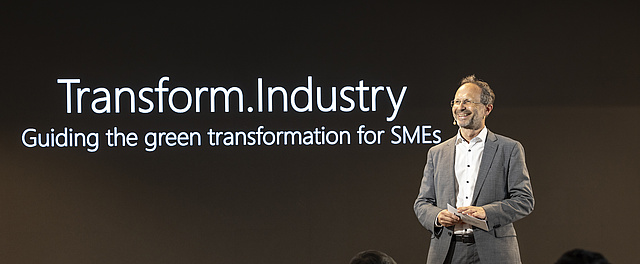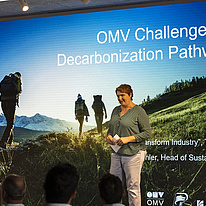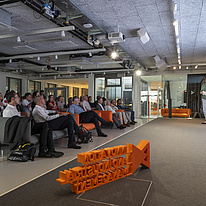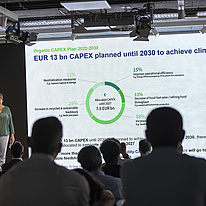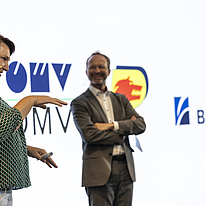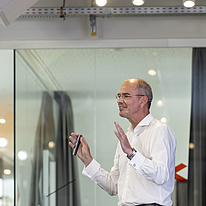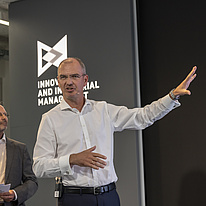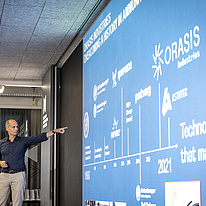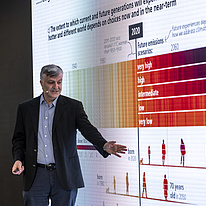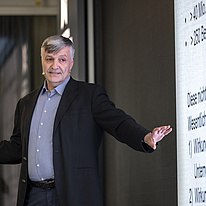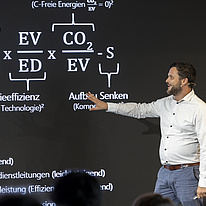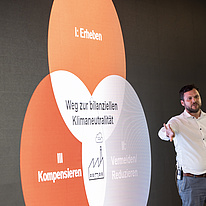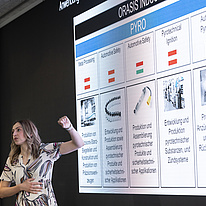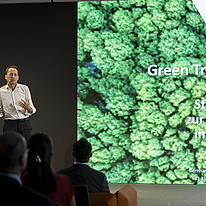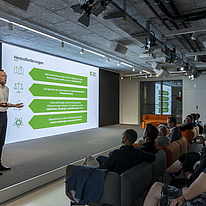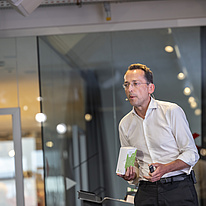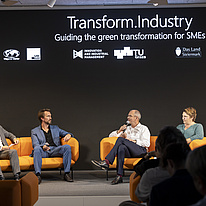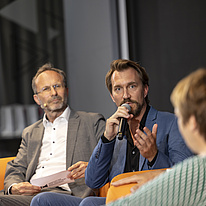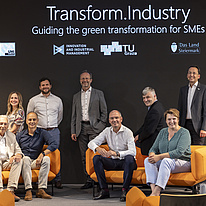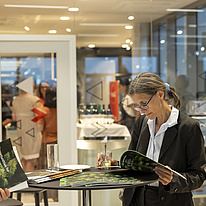
'Transform.Industry': Styrian SMEs receive seminal guidance on green transformation
Humanity is facing economic, ecological, and social challenges. The Institute for Innovation and Industrial Management of the Graz University of Technology and the Wegener Center for Climate and Global Change of the University of Graz, in cooperation with Orasis Industries Holding GmbH, developed a practical guide for small and medium-sized enterprises (SMEs) to implement greenhouse gas (GHG) accounting in combination with energy flow analyses and to calculate net-zero pathways. The project "Transform. Industry" was developed within the framework of the research funding of the province of Styria under the title "The Green Deal". The aim of the project was to create a role model to establish sustainability in the industry through this cooperation.
Through cooperation with Orasis Industries Holding GmbH, extensive data could be collected and evaluated. Within the scope of the project, the GHG emissions were collected according to the Greenhouse-Gas-Protocol Standard, and based on this the energy-intensive sites at Orasis were determined. Subsequently, an energy flow analysis was conducted and potentials for GHG reduction were derived.
Based on the case study, a guideline was created, which is specifically designed for SMEs without their own employees for sustainability. It offers small and medium-sized enterprises a practical possibility to carry out GHG accounting and achieve savings. The guideline is designed to help entrepreneurs understand the complex issue of sustainability, how to collect emissions and achieve net-zero pathways, and which agencies can be contacted for assistance with accounting. The focus of addressing GHG emissions is on the three key themes of collecting, reducing/avoiding, and offsetting the unavoidable rest. Based on these key topics, a procedure for the coupled collection and implementation of energy and CO2 reductions were created in an eight-step process.
The results of the Transform.Industry project are promising and can serve as a best practice example for a possible extension on the Austrian level. The results are presented in detail in the guide and can help to establish greater sensitivity and responsibility for the topics of sustainability and climate protection in other companies as well. To conclude, it is precisely the large number of SMEs in Austria that can make a significant contribution to promoting environmentally conscious action.
- Research Project 'Transform.Industry'
- Extended Reality im Schumpeter Labor für Innovation
- Successful completion of several industrial projects
- Maker, Industry and Research #3 – Project kickoff
- Review of two years of IALF presidency
- SpInnovation - from Invention to Business
- Alumni Reunion 2023
- Innovation Gala 2023

